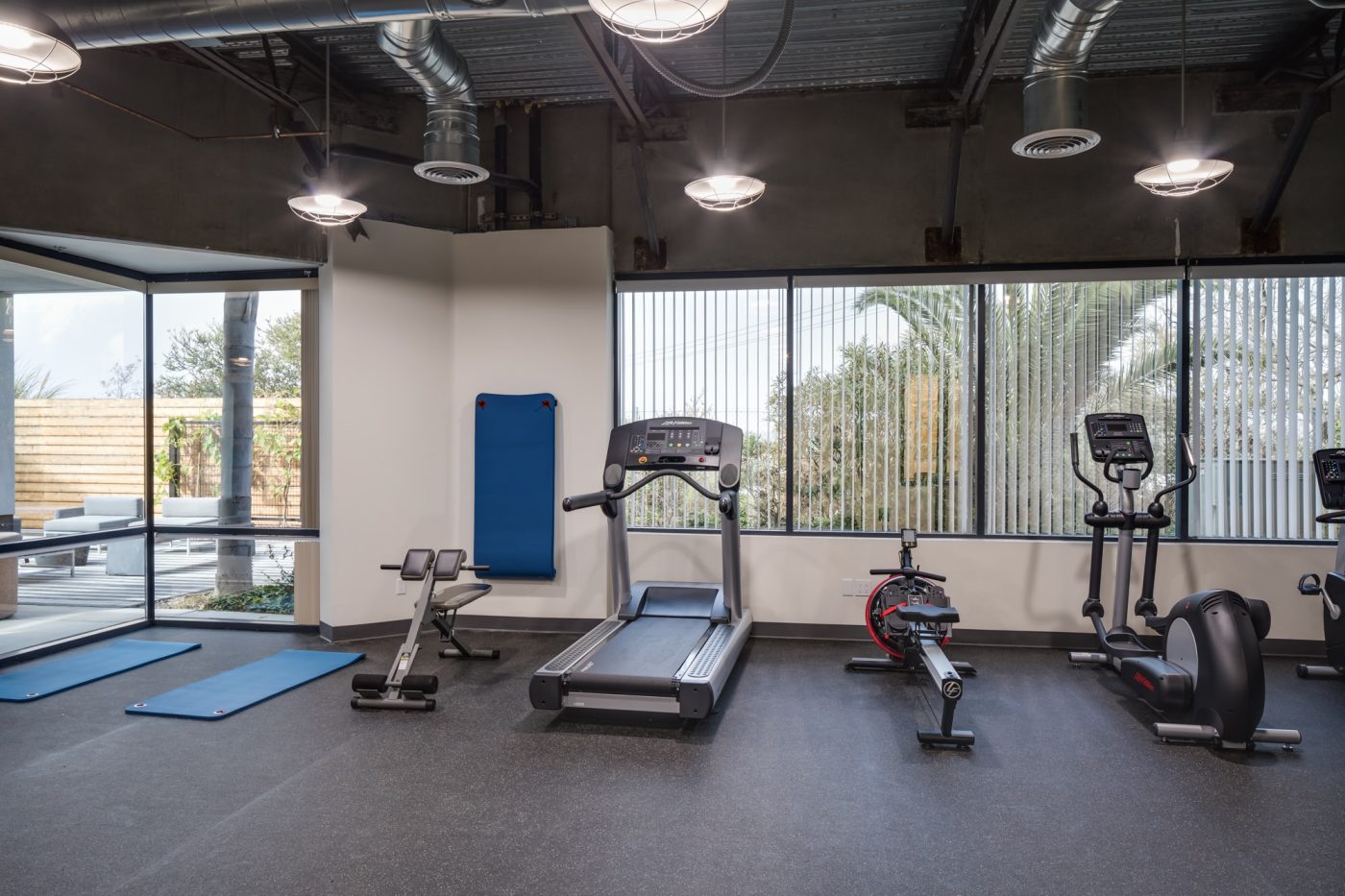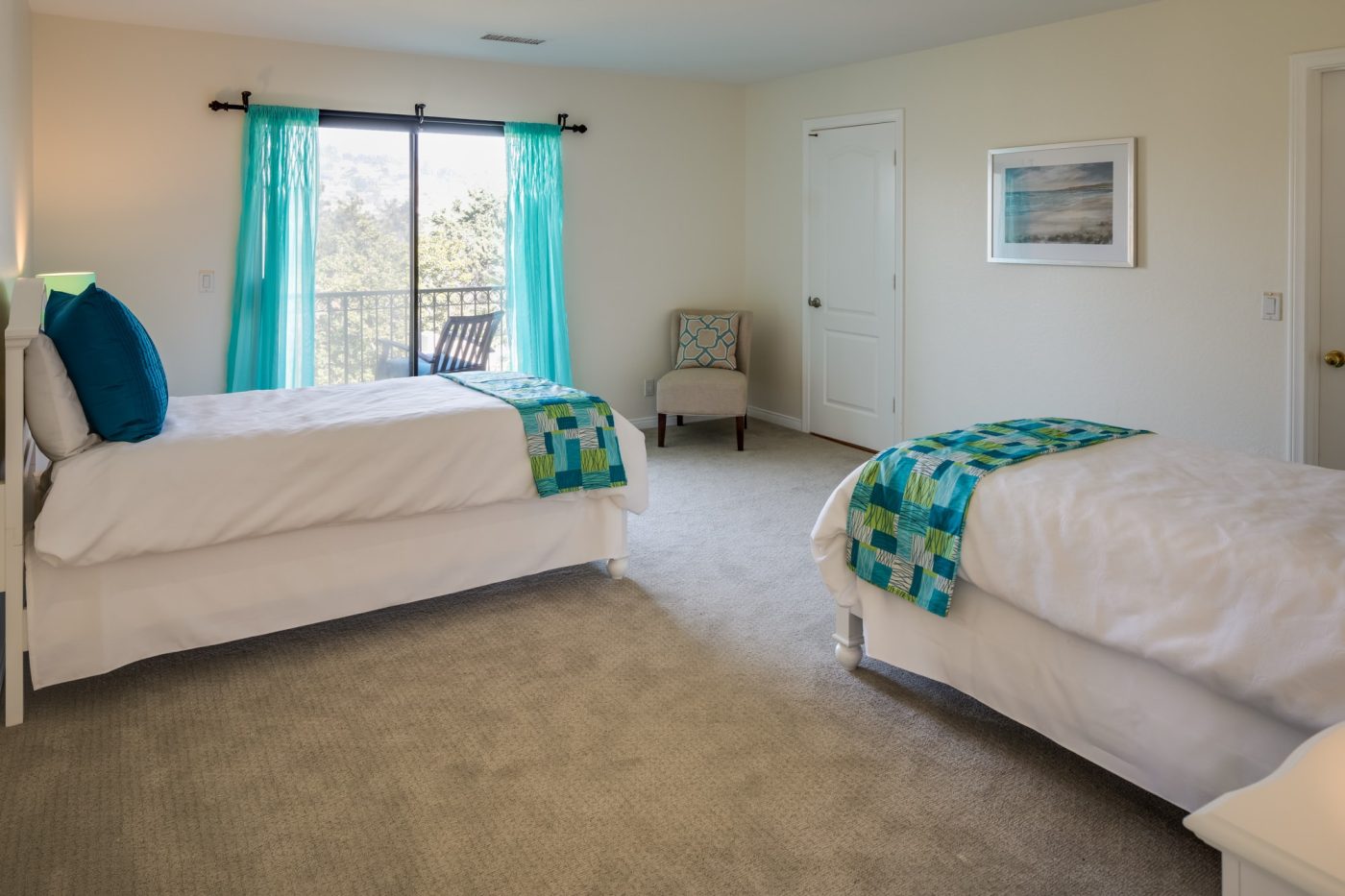Proudly serving Southern California, Montecatini Eating Disorder Treatment Center has helped transform the lives of females, ages 12 and up, struggling with bulimia for over 30 years.
Bulimia Treatment
Learn more about bulimia treatment at Montecatini Eating Disorder Treatment Center in Southern California
Bulimia nervosa is a type of eating disorder that is characterized by recurrent episodes of binge eating that are followed by behaviors that are meant to prevent any weight from being gained as a result of the binge. Some behaviors one might experience include self-induced vomiting, excessively exercising, fasting, or abusing laxatives, diuretics, or other types of medications that promote weight loss. Individuals who are suffering from bulimia are also frequently plagued by preoccupations with their weight and body shape, which often result in a significant amount of distress that impacts their engagement in the binging and purging behaviors.
At Montecatini, we know the extraordinary courage it takes to address the physical, emotional, mental, and spiritual aspects of living with bulimia, and how vital it is to feel safe and supported. That is why, in a serene and intimate environment, each patient’s treatment plan is customized to address her unique challenges, her unique family dynamics and history, her unique dreams for the future, and more. Our approach is collaborative and highly personalized, born out of true empathy and compassion.
We believe that no matter how long one has suffered from this terrible disease, healing and lasting freedom from bulimia is possible. Our mission is to support you every step of the way.
Helping a Loved One
Helping a loved one get treatment for bulimia
Eating disorders can be painful not only for those suffering from them, but also for the people who love someone with an eating disorder. Perhaps your loved one is a friend, daughter, partner, relative, or sister. The strain of watching her suffer from the physical and emotional effects of bulimia, combined with a feeling of being unable to do anything to help, can be entirely overwhelming. Thankfully, you can take the following steps to help your loved one find healing:
- Learn about bulimia nervosa, including the effects that it can have on a person when treatment is not received.
- Research various treatment options that specialize in providing care for individuals who are battling bulimia.
- Discuss your concerns openly and honestly with your loved one, remaining nonjudgmental and refraining from using a lecturing tone.
- Present your loved one with the research you have compiled on various treatment providers, and express to her all of the benefits of receiving treatment.
- Offer to help your loved one contact various rehab centers, and make yourself available to accompany her to any appointments that may be scheduled.
- Once treatment has started, be an active part of the therapeutic process. Attend family therapy sessions if they are offered, visit your loved one during allotted times, and call to check in with her to see how she is doing.
- Remain an unconditional source of hope and encouragement. The more support your loved one has, the more successful her treatment outcomes will likely be.
- Do not forget about yourself. In taking care of a loved one with an eating disorder, it is also important to take care of yourself, so make time for activities that replenish you, such as hobbies and social gatherings. You might also consider joining a support group for people whose loved ones are struggling with an eating disorder.
- Consider attending our free ANAD Family and Friends Support Group that we host every Wednesday
Why Consider Treatment
Why consider treatment for bulimia
For sufferers of bulimia, disordered eating, coupled with the psychological distortions pertaining to weight loss and body image, can be all-consuming. Similar to the mentality of someone who is addicted to drugs or alcohol, adhering to binging and purging patterns of eating often takes precedence over everything else in a person’s life when she is battling bulimia. Without receiving treatment, several health risks are known to occur, including things such as heart disease, infertility, and, tragically, even death. Additionally, bulimia can lead to an overall decline in a person’s mental and emotional health and render a person vulnerable to experiencing suicidal ideation or making attempts at suicide. Fortunately, there are rehab options available that can help prevent these detriments from occurring, allowing individuals to move forward towards healthier and happier futures, free from the grips of this debilitating disease.
Eating disorders are progressive and debilitating illnesses that, when left untreated, have the highest mortality rate of any mental illness. Depending on which eating disorder a person struggles with, she may suffer from malnutrition, obesity, organ damage, diabetes, and developmental problems as well as other mental health disorders. Because of their pernicious and systemic nature, it is not enough to merely treat the physiological symptoms of an eating disorder. Instead, a person must also receive care for the co-occurring psychological issues that may cause her to return to her unhealthy eating behaviors. If treatment is to be truly successful in the long-term, it is important that each person receives a full spectrum of physiological and psychological treatment.
Why consider Montecatini
- Treatment is provided in a warm, family-like atmosphere.
- Programming is supplied by staff who demonstrate true empathy.
- Customized, multi-dimensional treatment plans are created for each patient.
- Skill-building opportunities are provided so that patients can learn to integrate healthy behaviors into daily living.
- Personalized, consistent care is afforded to each patient.
- Comprehensive family support and therapy are integral parts of treatment at Montecatini.
- Simultaneous treatment for co-occurring disorders is available.
- Renowned medical and psychiatric management round out the therapeutic services we offer.
- Nutrition therapy is factored into each patient’s treatment in order to help them reestablish a healthy relationship with food.
- A full continuum of care is offered in order to ensure each patient’s long-term recovery.
At Montecatini, we believe that no matter how long you have suffered from an eating disorder, recovery is possible and hope is manifested daily, as we work together in support of your long-term healing and inner-peace.
Types of Treatment
Types of bulimia treatment offered at Montecatini Eating Disorder Treatment Center
Since treating our very first patient in 1991, Montecatini has helped inspire and transform the lives of hundreds of women. We are nationally recognized as a leading provider of eating disorder treatment and are dedicated to helping our patients resume their lives as healthy, joyful individuals who are ready to live to their fullest potential. Females aged 12 and up can heal in our residential, partial hospitalization, and intensive outpatient programs. These programs are designed to help our patients overcome anorexia nervosa, bulimia nervosa, or binge-eating disorder, as well as co-occurring mental health.
Montecatini is located just three miles from the Pacific Coastline in picturesque Carlsbad, California. The center itself exudes the comfort and safety akin to being at home, and our staff puts forth every effort to ensure that the atmosphere we create is both peaceful and conducive to recovery. Each patient is treated with the utmost respect and dignity, and her care will be personalized to her unique history, challenges, life experiences, and needs.
Our staff of passionate and devoted professionals, many of whom have overcome their own struggles with eating disorders, work in close collaboration with each patient who comes to us for treatment. By creating personalized plans for each person who chooses to heal with us, we are able to provide the highest quality of care while honoring the individuality of each patient. Depending upon the outcome of an initial assessment, patients may have the following interventions incorporated into their customized treatment plans:
Medical care: For patients who are medically stable, yet still require additional care for their physical health as they navigate the recovery process, Montecatini is pleased to offer renowned medical care. As a distinguished provider of eating disorder treatment, we recognize that the physical health of our patients can be compromised by the presence of an eating disorder. We also partner with specialists in San Diego to ensure our patients’ medical needs are appropriately met.
Medication management: When a patient comes to us battling a mental health condition in addition to an eating disorder, she may benefit from the inclusion of certain medication(s). Our psychiatrist is available to meet with patients once per week to assess medication needs, prescribe medication, and adjust dosages as needed. Physician’s assistants and nurses are also available to monitor the effectiveness of any medication that is prescribed and to ensure that patients are adhering to medication regimens.
Individual therapy: Individual therapy occurs three times per week. Each patient meets with her assigned primary therapist in a one-on-one setting, which is an excellent forum to assess progress and discuss setbacks and successes that have occurred during treatment.
Family therapy: Each patient’s family members are invited to participate in family therapy sessions while their loved one is receiving treatment. This treatment method, offered once per week unless indicated otherwise, is designed to heal emotional wounds and promote unity among our patients and their primary support networks.
Group therapy: Offered up to five times per day, group therapy is a key component of rehab at Montecatini. Led by therapists, registered dietitians, nurses, patient assistants, yoga instructors, and art therapists, group therapy covers a wide range of topics that can further the recovery process and provides an excellent forum for patients to gain support and encouragement from staff members and other patients. Groups that may be incorporated into a patient’s rehab treatment plan include the following:
- Interpersonal process group
- Dialectical behavior therapy (DBT)
- Cognitive-behavioral therapy (CBT)
- Expressive arts therapy
- Relapse prevention
- Body image
- Integrated care group
- Nutrition counseling and education group
- Spirituality/12-Step group
- Yoga
- NIA
- Mindfulness/meditation
- Action planning
- Family weekend incentives
- Outside 12-Step group
- Exposure therapy
- Menu planning and meal preparation
- Food and feelings group
Experiential therapy: In order to help our patients nurture the mind-body connection and apply learned skills in real-world settings, we are proud to offer a number of experiential therapy opportunities. Experiential therapies complement the other therapeutic interventions we provide and typically take place once per week. Depending on the patient’s needs, the following may be part of her personalized treatment plan:
- Clothes shopping
- Restaurant outings
- Beach trips
- Grocery shopping
- Challenge food outings
- Group dinners
Our experienced staff members, many of whom have specialized training in therapeutic techniques and treating a myriad of co-occurring conditions, assess patients’ needs on an ongoing basis and can recommend additional interventions if they are determined to be conducive to a patient’s recovery.
Because we realize that the recovery process does not end with the completion of residential rehab, Montecatini purposefully begins preparing our patients for discharge on the day they are admitted to our program. Many of our patients transition to our partial hospitalization program (PHP) after completing our residential rehab, and then step down to our intensive outpatient program (IOP) after completing PHP. Each patient’s primary therapist determines and coordinates the most appropriate follow-up and aftercare services, and alumni of our program are welcome to attend our weekly support groups and Alumni Events and Celebrations for a long as they wish. Our goal is to help our patients return to lives that are not only functional, but joyful and deeply supported as well.

























